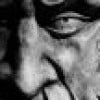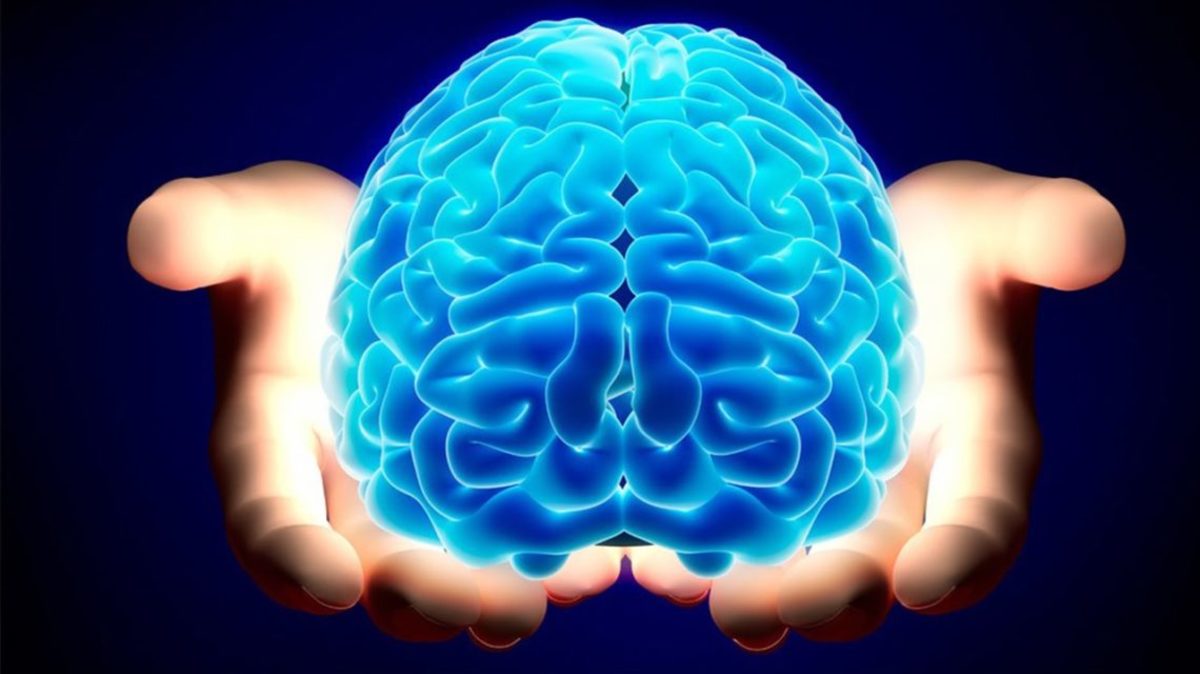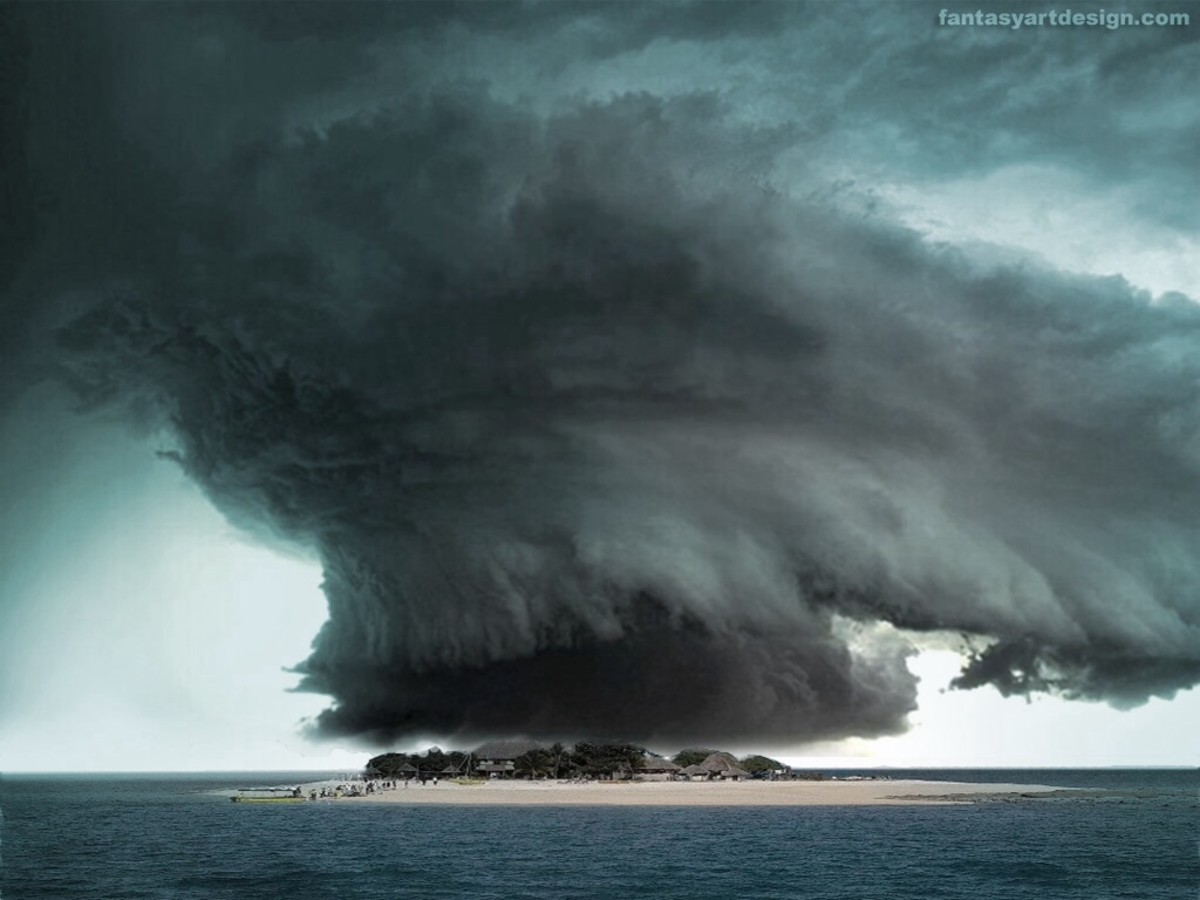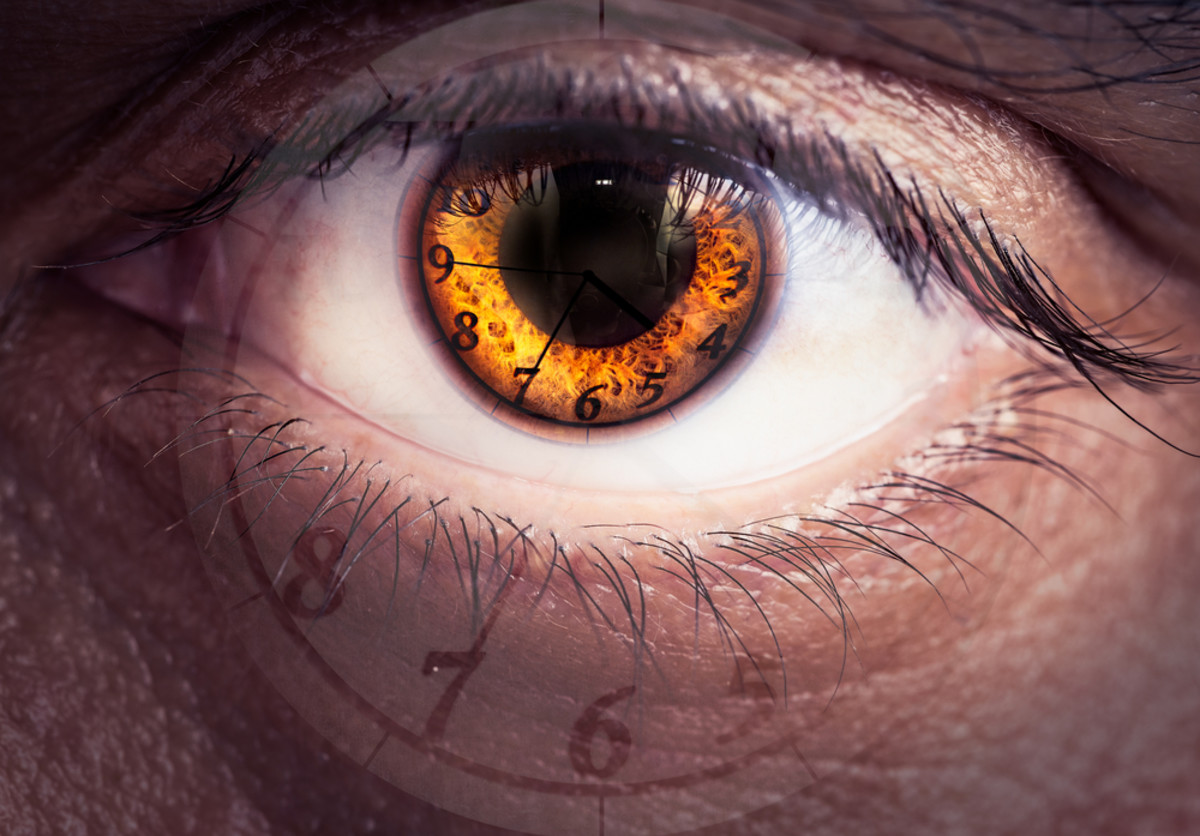Paranormal Bytes: General
Para + "Normal"
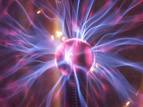
General Explanations For "Paranormal"
The term "paranormal" has only been in common circulation for a short time. People have been using this word for less than a hundred years. The term was coined sometime around 1915 to 1920, and things considered paranormal have really caused a LOT of disputes between different scientific communities. The disputes exist and continue to this day.
An experience outside the commonly accepted form of normal or an experience outside the normal realm of scientific explanation is considered a paranormal experience.
Para as a root, means: beside, beyond, contrary, past, when taken from Greek meanings of the word. A French root combination, "pare a" is also a good fit for explaning use of the root word "para." The French "pare a" means, "prepare for." In any case, the root meanings can explain that "para" is a preparation for "normal" or science and that things which include the "para" affix/prefix root stand for "contrary, beside, beyond, past, beside" the "normal" or "science."
The term normal can be understood to describe things related to average or 'the average,' and things considered common and acceptable. Truly, what we consider "normal" about anything in life is usually build from a 'social construction.' A social construction is basically something basically agreed upon by society or authorities that becomes the model for people to accept as fact.
So basically, Paranormal can mean: Para (beside) + Normal (the average) or Para (beyond) + Normal (the generally accepted), and contrary to the average, beside the generally accepted concept of 'normal.'
In order to understand what "Paranormal" is, for some reason it's better to first understand exactly what the Hard Sciences are and how they work.
Hard Sciences With Limits
Scientific Explanations come in particular standards called the "Classical Model," the "Pragmatic Model," and the "Logical-Empiricism Model," and anything outside of these models becomes difficult for hard-science experts to deal with.
Classical Model: involves indictive reasoning, deductive reasoning and abductive reasoning skills and methods.
Pragmatic Model: with scientific explanations derived by use of the Pragmatic Model of scientific explanation, we are brought to closely examine and define terms and are dealing with theories about the concept of truth and this whole model is concerned with "the normative" or "regulative" principles of statements and with the clearness of apprehension (understanding). Strangely enough, for all the clearness the pragmatic model attempts to achieve, explaining exactly WHAT this model is, HOW and WHY it works or doesn't work...is beyond me and beyond most people who aren't science professors or science teachers.
Below, please find a fellow Hub Pages author's article on Pragmatism. It is best that I don't try to extrapolate or "clarify" the pragmatic model as I don't use it often, preferring the Classical Model.
What is Pragmatism by philosophos on Hubpages
Logical Empiricism: is another complicated method of scientific explanation which actually uses a "supposed" universal truth of natural law. Natural Law is basically a theory which is assumed to be true and this truth is made from a rule/law set by nature so that it is universal and is valid everywhere. Logical Empiricism begins from this complicated and very defined, rigid natural law and then moves forth to explain scientific things from the starting point of an assumed theory containing a natural law.
Okay - my head is messed up from this sort of science, the Logical Empirical and the Pragmatic - so I'm going to just drop a link now:
Deductive-Nomological Model - part of Logical Empiricism - Wikipedia Article Here
Suffice it to say, the model most often used - and able to be used almost universally, is the first model presented here, the one called Classical, attributed to Aristotle.
I figure - if the Classical Model was good enough for Aristotle, it's good enough for me. There are plenty of things in the world I can pass through a Classical Model example and turn out results I actually have a chance of understanding!
Thank you Aristotle!!
Episode called "Paranormal America" on Unexplained Mysteries Show
Problems: Authority Issues
I hope you were able to logically deduce from the material above that some methods of using science and of obtaining specific scientific answers - simply aren't usable or available to the average person.
By contrast, everyone who has the average capacity to hear, see, feel, think, etc., MIGHT see hear, feel, observe and sense in some way - SOMETHING that cannot be explained by science. Quite universally, human beings EXPERIENCE the world and have a need to formulate explanations for what they are experiencing.
As we are experiencing the world, the authority we most often turn to is "Hard Science." Or, usually we feel that Science explanations and not parascience, pseudoscience, paranormal fields, or other not-science explanations are faulty or false as compared with hard sciences - when we experience the world and particularly when we experience something we deem as strange, unusual, special or not normal in our world.
There is often an issue with Authority here, when contemplating where we should turn for explanations. Those skeptical or unwilling to accept ANY non-scientific, hard-science explanation for experiences in the world around us actually make totally NON-SCIENTIFIC statements about the paranormal.
Calling the paranormal "false" science is not a scientific statement. Paranormal enthusiasts and experts are most often simply trying to make explanations for things not explained by the accepted scientific methods. If paranormal explanations do not jive with scientific explanations, there is NO FALSITY happening, according to the definitions of 'false' and science itself.
Many paranormal enthusiasts and experts are, in fact, using Classical Methods and directing these at paranormal phenomena in the hopes of coming up with explanations for strange happenings, events and experiences which will satisfy BOTH scientific communities and the paranormal communities.
Calling all paranormal studies "FAKE" because there are hoax-mongers out there IS NOT SCIENTIFIC ...do Classical Method evaluation and you'll find that this statement IS NOT LOGICAL.
Example:
- 1. There are tons of paranormal events 'out there.'
- 2. There are tons of hoaxes out there which are meant to look like paranormal events
- 3. Therefore, all paranormal events are hoaxes
BAD LOGIC
If we can just EASE UP a little bit and think critically about who the authorities are when dealing with 'The Paranormal' - we can try THIS logic set:
- 1. Scientific method doesn't explain many paranormal events
- 2. Paranormal experts can explain some aspects of paranormal events
- 3. Therefore, scientific method and paranormal explanations may each have about the same ability to explain different aspects of paranormal events
Okay - so it's not the greatest example in the world, but the three statements don't hurt too much to think about!
Really, because 'science' is so insistent about ridiculing 'the paranormal,' bad logic statements are issued all the time about paranormal events and the paranormal experiences that tons of people report all over the world.
As a rule, people seem more likely to believe someone has had a 'religious' experience that is 'real,' than has had a 'real paranormal experience.' Science sometimes deals equally as harshly with religious events and experiences as it does with the paranormal - but has a tendency to be a little bit nicer about debunking or discrediting religious statements.
Really, until we have some co-operation on the matter of paranormal phenomena, the gathering of it, reporting of it, examination of details, non-scientific explanations and scientific explanations being at odds with each other is sort of detrimental, don't you think?
Clearly, when paranormal things are happening and are discredited without further investigation just because science holds the authority to discredit something science would rather not bother with...this has to be detrimental to both the science and paranormal communities and for people all over in general...
WHAT IF SOMETHING REALLY IS GOING ON and opposing communities of investigators from science and non-science fields are spending all their time bickering and fighting over "WHO IS SMARTER" and "WHO HOLDS MORE ACADEMIC AUTHORITY"?
I give my VOTE to people from paranormal communities who are attempting to use scientific explanations and methods, along with whatever else they have at their disposal.
Paranormal Mashup
Among things considered "paranormal" are a mishmash mix of things not yet explained by science. These include spirits, ghosts, U.F.O.s (or as John Keel pronounces it: 'you-foes'), shadow people, astral projection experiences, all sorts of psychic phenomena, experiences and studies into collective consciousness (which, by the way, is at least ONE area that hard science practitioners DO admit is REAL and can be measured by science), shadow people, demonology, and much more.
A field such as demonology is vastly different in many respects from the field of UFO studies, but because most paranormal fields work in theories not recognized by scientific communities as valid theories or data, almost everything not explainable by science is placed under the same label of 'paranormal.'
INSIDE actual paranormal communities, you'll find that demonologists don't mix much with UFOlogists - not because they all don't like each other but simply because their fields are very different. Actually, most UFOlogists would be OFFENDED to be classified into the heading of "Paranormal," because the nature of their studies and theories are so far from being like many other things considered 'paranormal' that it's like comparing apples to, say, cheeseburgers!
